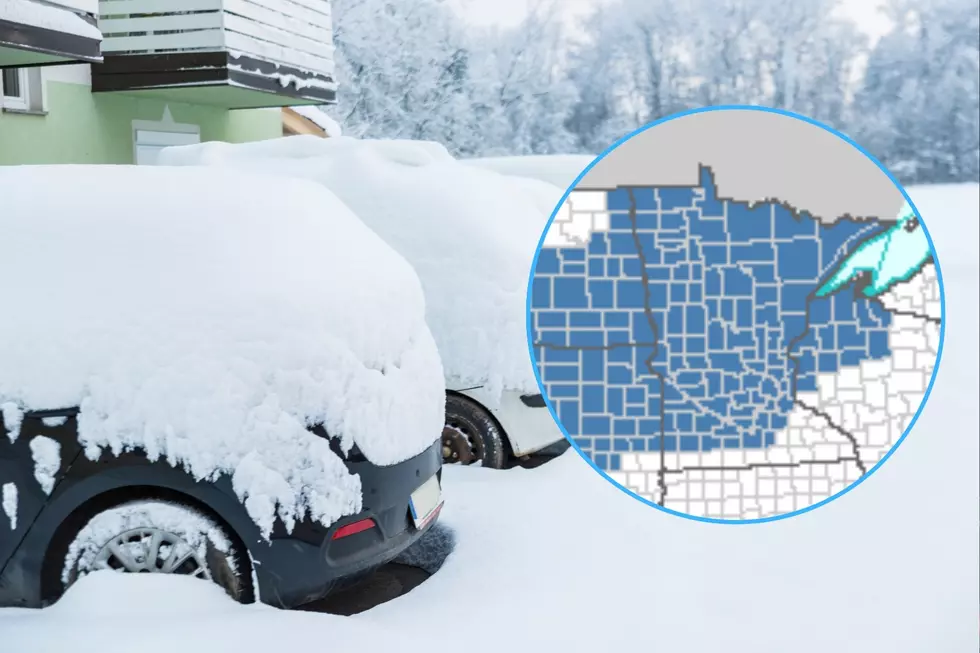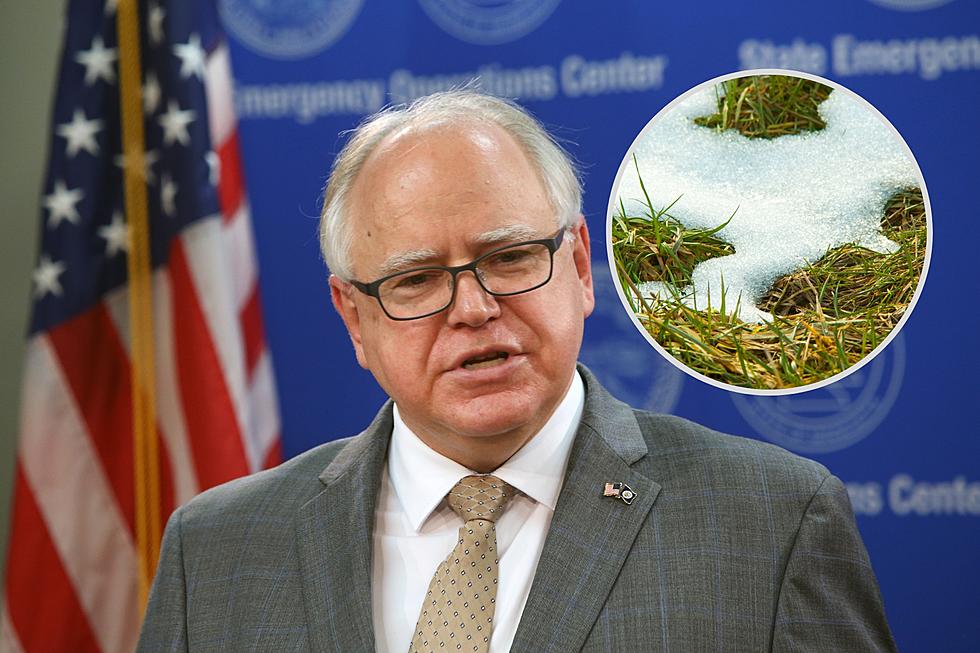
Wind Chill Warning Issued For Twin Ports Region Through Thursday Morning
A Wind Chill Warning has been issued from 9 pm on Monday, January 28, through 9 am on Thursday, January 31. Here is the message from the National Weather Service:
Extremely cold weather will soon arrive to the Northland. Temperatures will plunge well below zero tonight into Tuesday morning with the influx of brutally cold air from Canada. This cold air, combined with brisk to at times gusty northwest winds, will result in periods of rare wind chills of 40 to 65 below zero. Wind chills of 35 to 55 below zero will develop by late tonight and continue through at least the morning, with little
improvement Tuesday afternoon.
The worst conditions will develop Tuesday evening through Wednesday morning, with widespread wind chills of 40 to 65 below zero. Under those conditions, frostbite can occur on exposed skin in less than 5 minutes. There will be limited improvement by Wednesday afternoon, followed by wind chills of 35 to 55 below zero Wednesday night into Thursday morning. This period of brutally cold weather will be historic and is being compared to a cold weather outbreak in January of 2014 and another outbreak in February 1996.
WHAT: Dangerously cold wind chills expected. Wind chills 40 to
55 below zero by late tonight through Tuesday morning, 35 to 50
below zero Tuesday afternoon, 45 to 65 below zero Tuesday
evening through Wednesday morning, and 45 to 55 below zero
Wednesday evening into Thursday morning.
WHERE: Portions of central, east central, north central, and
northeast Minnesota, and far northwest Wisconsin.
WHEN: From 9 PM this evening to 9 AM CST Thursday.
ADDITIONAL DETAILS: The dangerously cold wind chills could
cause frostbite on exposed skin in as little as 5 minutes.
A Wind Chill Warning is issued when the combination of wind and very cold air create dangerous wind chills. Hypothermia can set in quickly, which may lead to death, and frostbite can develop within minutes. Take action to protect yourself from the cold. Cover up, dress warmly and in layers, and limit your time outdoors. Travel with extra blankets or additional clothing in case of vehicle trouble.
More From MIX 108









